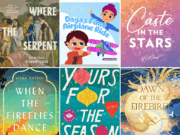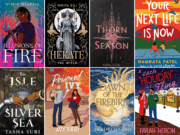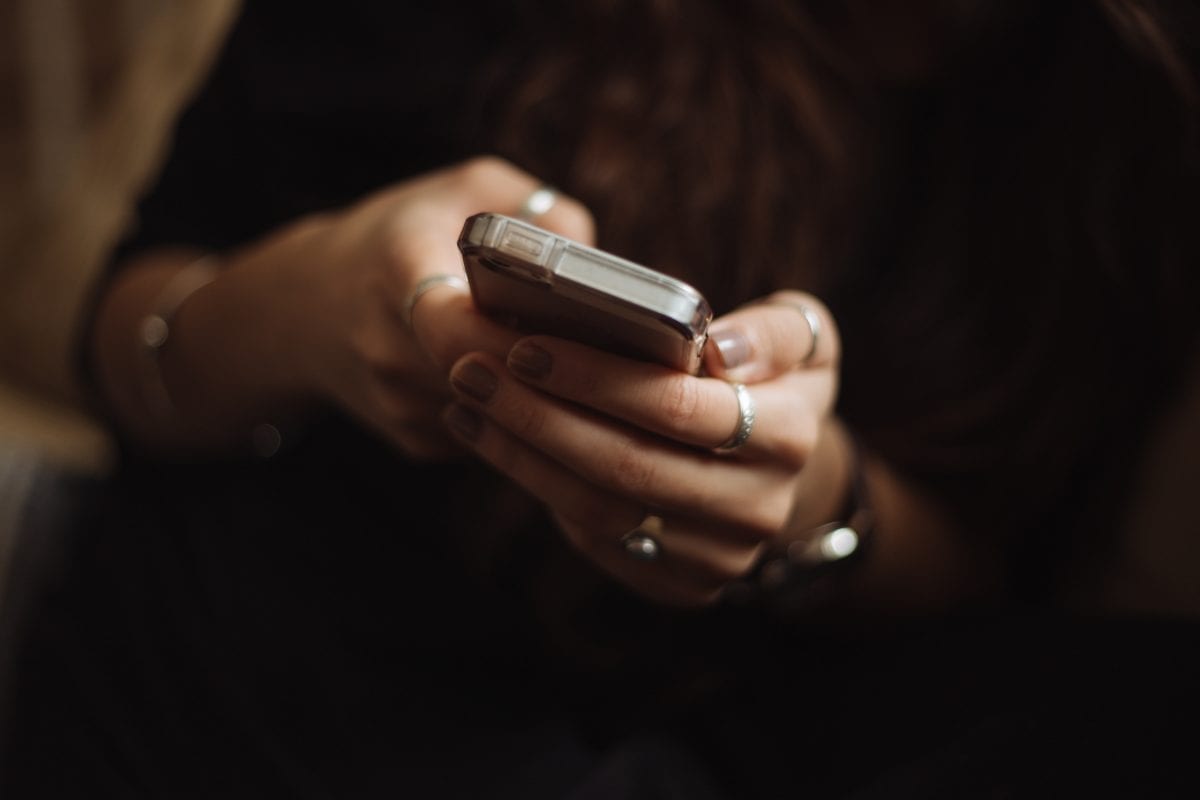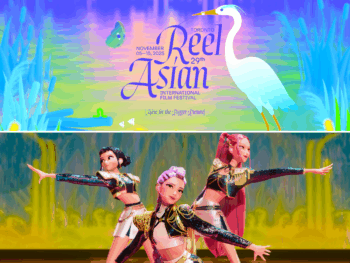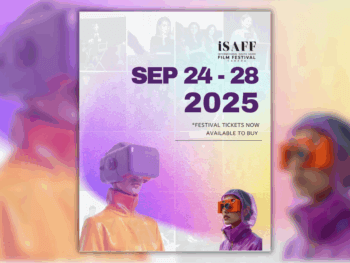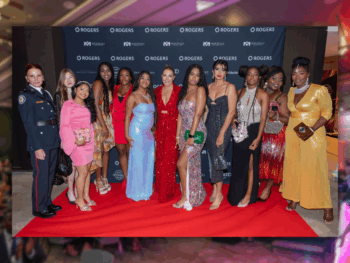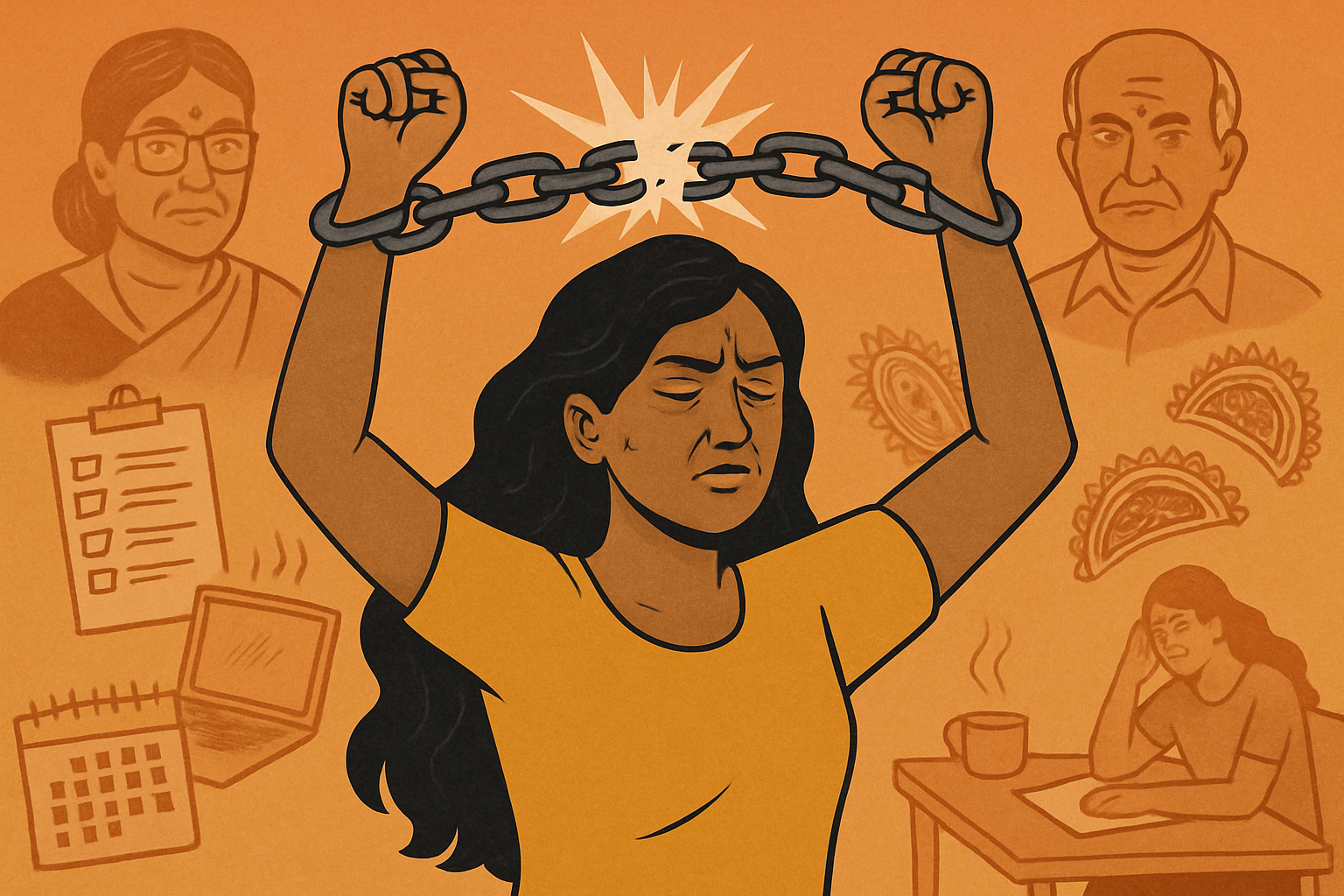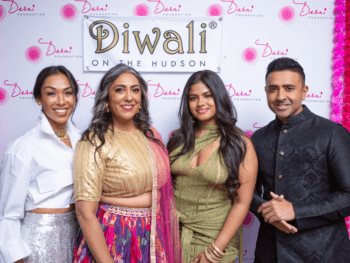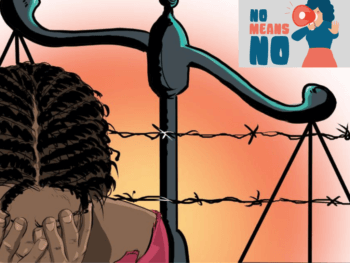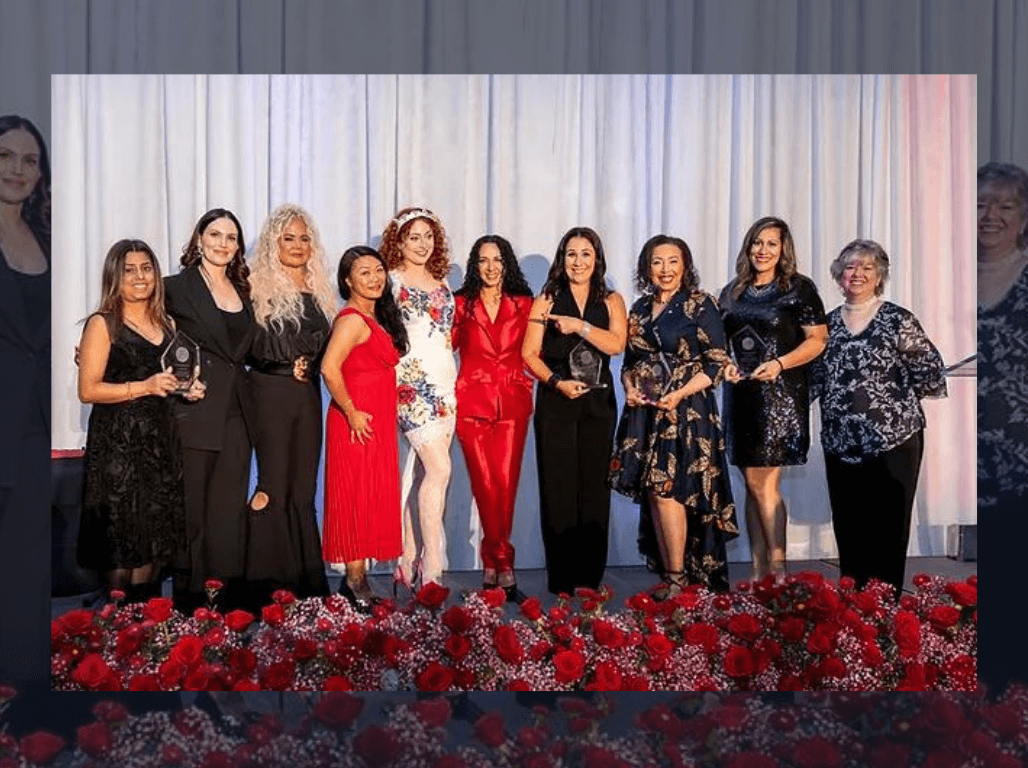The long-winded status updates and emotional outbursts on social media can sometimes feel excessive, am I right? Don’t get me wrong, I fully support a healthy expression of thoughts and social media can be one of the great ways to seek support and connect with others. Sure, being in self-isolation it’s only natural to find some sort of outlet to express your feelings. Those zoom calls can only go so far. However while social distancing, it’s important to understand your feelings for the sake of your mental health.
What Pisses Me Off: Adults who simply post their feelings and don’t take any other steps to face them.
We’ve all seen one before … the long, emotional paragraph posted on Facebook about something that’s just not that big a deal in the grand scheme of things. There are certainly certain life circumstances that warrant long, heartfelt posts and I’m not denying that or addressing those (for example a big milestone, an expression of grief, sharing of an injustice to create awareness, etc.).
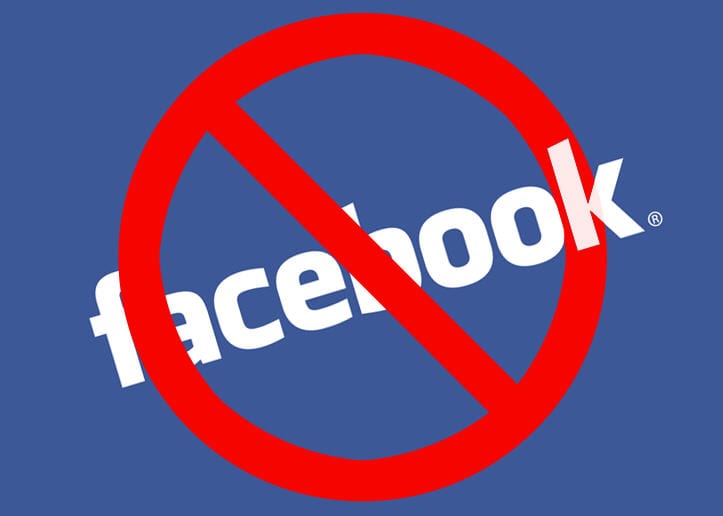
My issue is not with insightful posts driven by an intention to help others, I’m talking about that friend on your Facebook that constantly posts emotional outbursts about mundane things to generate a reaction or seek attention (for example, frequent rants about their experiences on public transit and/or daily paragraphs about how exhilarated they feel after a 30-minute workout). I’m talking about people who Facebook their feelings so often, that it makes you wonder if they are facing them.
Some of you may be thinking Facebook!?! People still use that!?! Perhaps you moved on awhile ago to Instagram or the latest craze TikTok and now view Facebook as your parent’s social media playground however, it still has a powerful presence. Data as recent as February 2020 reported Facebook to have 2.4 billion active users worldwide (with India having the most of any country with 260 million users).
I do try my best not to judge people’s actions but no matter how my mindful practice deepens, I am still human, and getting annoyed enough to do an eye-roll is a part of that experience. If posting an excess amount of feelings on Facebook truly helps others feel connected, supported and/or get solutions to their challenges, then post away. However, if the intent is to post a status update just for the sake of saying something, to get attention, complain and/or brag, then I would caution it as an unhealthy coping mechanism for an underlying problem (e.g. boredom, insecurity, lack of fulfillment in other aspects of life, the list goes on). It can also lead to feeling further isolated and take a toll on your mental well-being if there’s not much of a reaction by your followers.
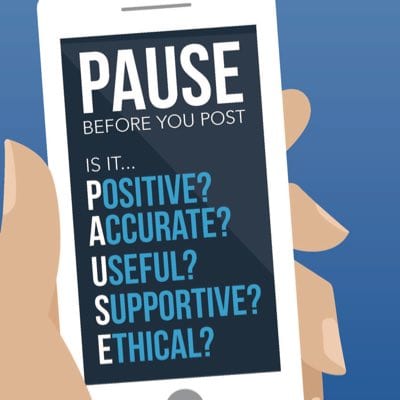
Getting caught up in emotions and posting a reaction online is an urge many of us feel from time to time (I mean there is a president of a certain country that seems to spend more time Tweeting than problems-solving but that’s a whole other rant for another day). What can we do if/when that urge comes over? Try these tips to help ensure your facing your issue first and posting to Facebook second (if you still want to that is):
Write out how your feeling to yourself first: Writing in a journal is a great outlet to express your thoughts and increase awareness on your emotions. Don’t get caught up in the idea of having a beautiful journal to write in, just write! Use a pen and paper, a note app in your smartphone, a draft email and/or whatever safe place is at your disposal to write down your thoughts/feelings. Writing can be a calming, meditative practice and if there is a deeper issue, it may help increase your awareness on that.
Reach out to a family member or friend: You may be thinking that’s exactly what you’re doing by posting something on Facebook. However, when it comes to working through feelings, sometimes its more beneficial to focus on having a quality interaction with one person who really cares about you, then a higher quantity of interactions with several on-the surface level friends. Taking the time to connect with one person can be beneficial in strengthening a bond. If it’s advice you’re seeking, you can put more time in explaining your point-of-view so that the advice/response can come from a deeper place of understanding (this helps prevent a chain of reactive responses from your followers as sometimes those can quickly spiral from being helpful to harmful).
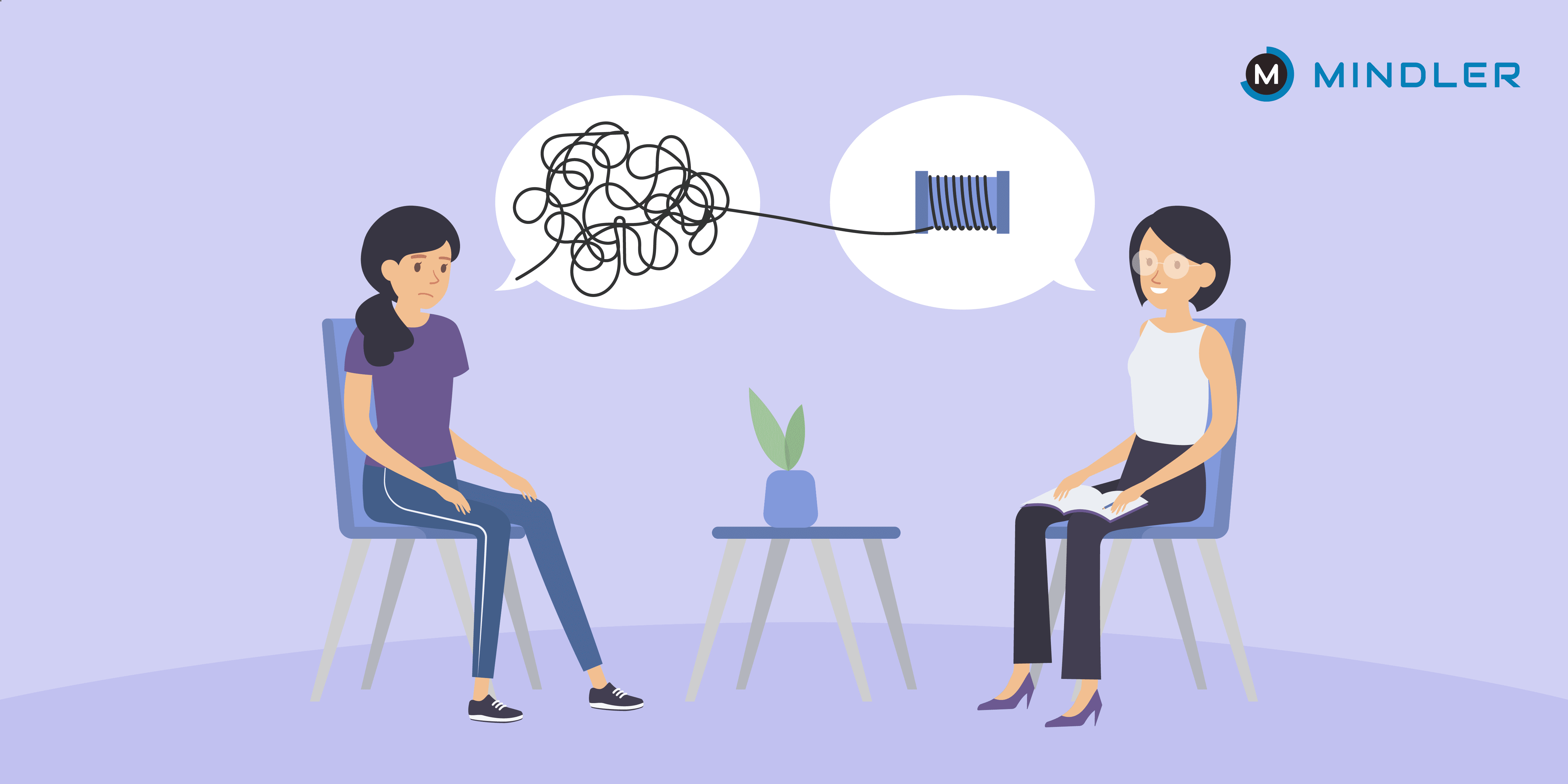
PAUSE before you post: Ask yourself, what’s the intention behind your post? After connecting with your intention, you may hit delete or you may still hit send – do whatever feels right for you but by taking a moment to think before you hit send, you’re preventing posting from a reactive state of mind. Remember once you post, it’s out there and even if you delete it from your social media after, it may not be deleted from whomever read its mind. More tips on how you can smarten up about using Instagram can be found here and tips on how to use your smart phone can be found here.
Consider professional help: If you’ve done all the above and notice a re-occurring issue keeps pushing you to post, it may be beneficial to have a safe, confidential space to share your feelings. Some people think therapy should be reserved for huge life challenges and/or big concerns about mental well-being however, therapy is something we should be pro-active about. Taking care of our mental health requires consistent effort (think about it this way, yes you can go to the gym after you’ve gained weight, but it’s healthier (and easier) to go to the gym regularly, before your weight spirals out of control). We should approach our mental health the same way; we don’t need to wait for a big issue to see a therapist, going to one even on a monthly basis can be helpful in preparing us for any challenge that may come our way (life is so unpredictable). Seeing a therapist has proven benefits and we need to remove any stigma that may still exist around it. Friends should be celebrated not shunned for seeking help. Another bonus is unlike your Facebook followers, therapists will keep what you share confidential and usually hear your thoughts with a kind smile (which is much better than an annoyed eye-roll).
Main Image Photo Credit: www.senseimarketing.com
Rachna Sethi
Author
Rachna (@thesassyspiritual) is a graduate of the Applied Mindfulness Meditation program from the University of Toronto, a certified Educator with two bachelor degrees and a diploma in Art Therapy. She's dedicated to living with a compassionate approach. Committed to helping people integrate Mindfuln...










